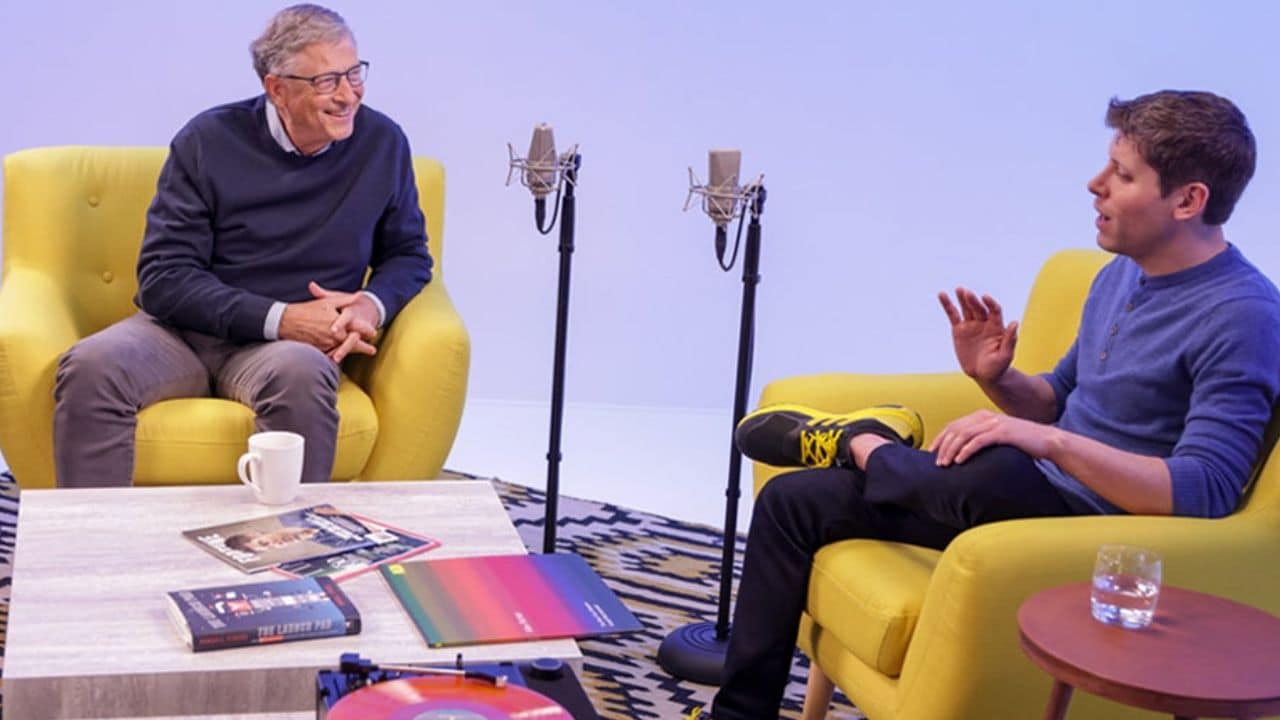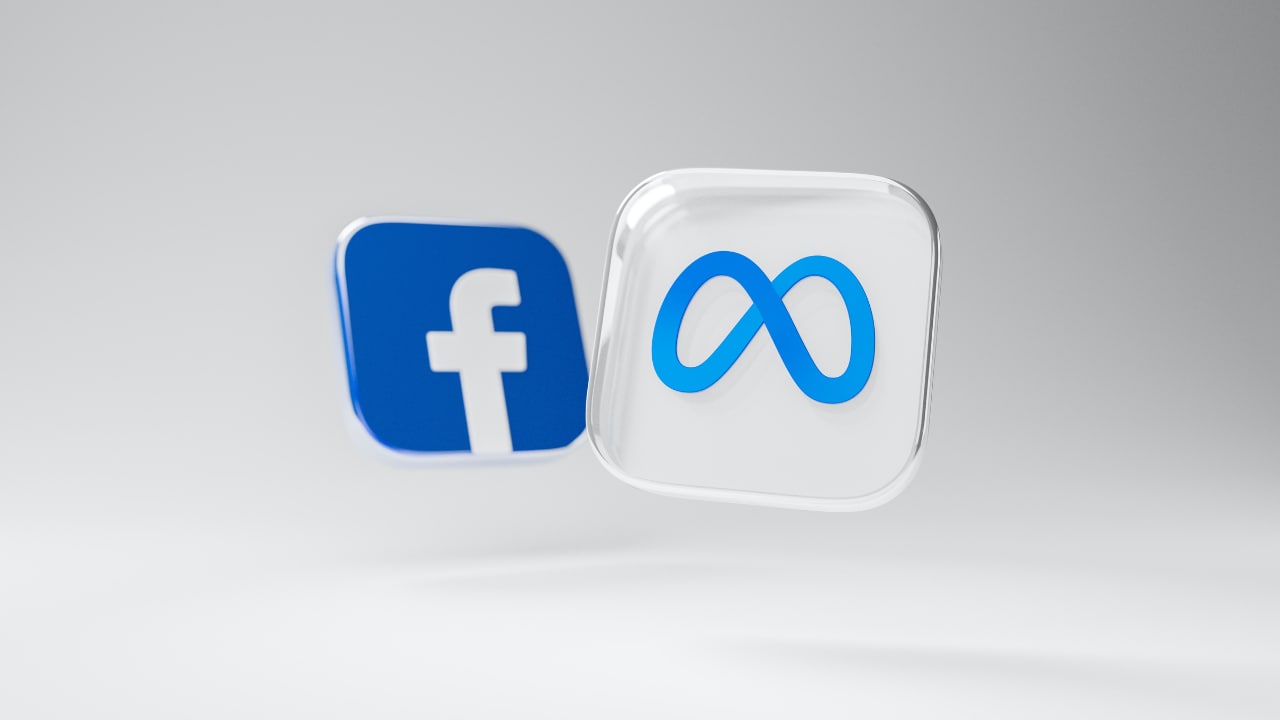Neal Mohan, CEO, YouTube told Moneycontrol that the platform plans to use AI technology to combat misinformation and deepfakes.
Tag: Digital
What OpenAI CEO Sam Altman thinks about human purpose in an AI world
OpenAI’s Sam Altman shared his take on AI and humanity on Bill Gates’ podcast Unconfuse Me.
Privacy Sandbox APIs are not intended to be direct, one-to-one replacements for all third-party cookie: Google
Google addresses objections again Privacy Sandbox in a blogpost. According to Google, internet technologies have and will continue to evolve, but that shouldn’t block progress with the current set of building blocks.
Elon Musk’s X unveils 2024 plans: AI-powered experiences, peer-to-peer payments, and more
AI will power various experiences on X including improving the search feature and advertisements, with the help of Elon Musk’s xAI.
Meta to hide more content from teens on Instagram and Facebook
Meta’s decision will make it more difficult for teens to come across sensitive content such as suicide, self-harm and eating disorders when they use features like Search and Explore on Instagram, as reported by Reuters.
Snap-take: Death of third-party cookies and impact on marketers
On January 4, 2024, Google introduced a Tracking Protection Tool, for one percent of Chrome users, which restricts third-party cookies.
Indian publishers seek legal recourse against content misuse in free-for-all AI world
As Indian news publishers take a cue from NYT action against Big Tech, experts see safeguards in copyright laws, IT regulations, and consumer protection laws.
64 percent of Indian consumers fear their data will be exposed to AI companies: Cheil India
As per the study titled AI & I, 70 percent of the Indian consumers worry that AI companies may misuse the data they share.
25 percent consumers changed their streaming platform, TV still has the largest base: Report
Overall household spending has increased for 58% of the families. Consumption remains the same for 35% of families. The net score is +50 which is the same as last month, said an Axis My India report.
Telegram updates: Redesigned call interface, less battery use, colourful calls and Thanos Snap effect
The launch of the update comes a month after Telegram announced improvements in order to compete with WhatsApp in a much more efficient manner.









